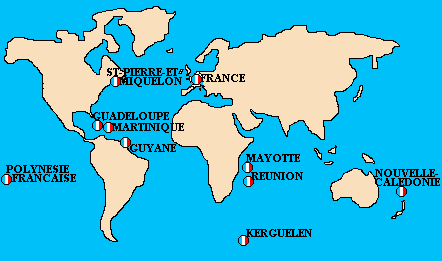Of course, the Rhodes' efforts to encourage youth to have a global perspective and to share concern about mutual humanity is highly laudatory. Their commitment to the continent is evident. What is worrisome is both their portrayal of Africa and the necessity of further proselytizing from outsiders. The portrayal of the continent from Camp Africa's website speaks volumes. “It all happens in an authentically simulated village. The living quarters, the cooking fires, the meals, the clothing, the language, even the currency is truly African. The only thing we’ve left out is the malaria!" And Africans, whom apparently have no hand in determining what "authentic" African culture the teens will be taught. The advert concludes, "You’ll experience the culture and mystic [sic] of ‘the dark continent’ without traveling there.” The game is not a new one: Christian missionaries portraying Africa as "mystic" and "malarial" so as to convince future generations of their need to bring those living in the "dark continent" into the light of a (Baptist, Methodist, Lutheran, etc.) set of beliefs. Perhaps most disconcerting about the story was the "unbiased" reporting by the story's author, Ann Wirtz, who reported summarily that: "Africa Camp aims to show campers the need for Christian missionaries in Africa, where tens of thousands in villages are unaware of God’s love for them." We shan't even begin to approach the importance of distinguishing between fact vs. opinion in reporting. The Rhodes should be congratulated for their commitment to the continent and their willing creativity to share this passion with youth. They should be careful, however, not to denigrate the continent in order to convince American Christianity of its necessity to "save" it once again.
Cyber Warfare Is Getting Real: The risk of escalation from cyberattacks has
never been greater—or the pursuit of peace more complicated
-
My piece in Wired
The post Cyber Warfare Is Getting Real: The risk of escalation from
cyberattacks has never been greater—or the pursuit of peace more co...
2 years ago



